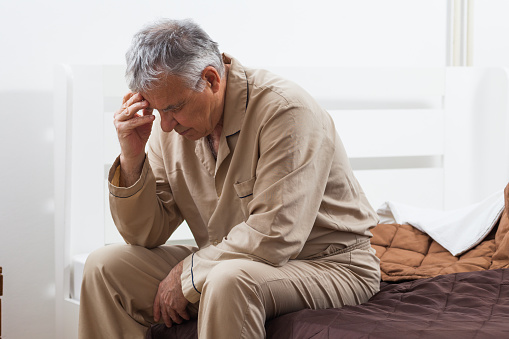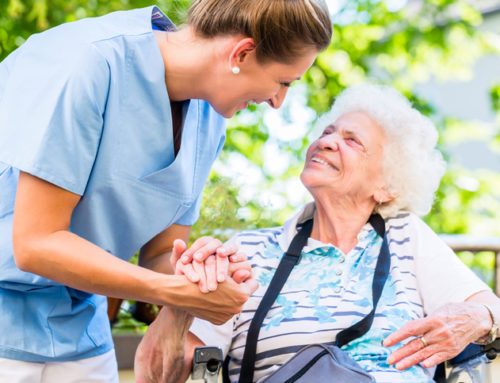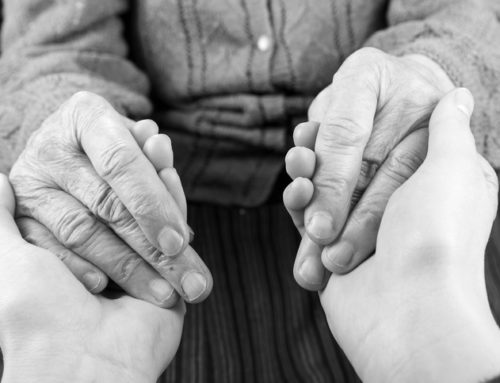Are You At Risk?
Better to not jump the gun…poor sleep habits, restlessness, sleep deprivation can occur due to several reasons. According to the CDC, ‘most people experience difficulty sleeping at some point in their lives; almost 30 percent of U.S. adults get 6 or less hours of sleep per night. Some feel refreshed after only 6 or 7 hours, however, most adults need about 8 hours of sleep every night to feel rested.
What are the reasons for sleep disorders? Many can have reasonable explanations ranging from age, stress, lifestyle choices, over stimulation prior to bedtime, medications, menopause, sleep apnea, restless leg syndrome and even depression.
There are, however, certain signs that may indicate a more serious condition, such as the early stages of Parkinson’s disease. Although there are other signs of PD, such as involuntary shaking of parts of the body, hand tremors, slow movements, stiffness and inflexible muscles, sleep disorders can also be an indicator that this disease is present.
So, why does this happen? According to a recent study, [1] individuals who have disturbed sleep—hitting, punching, shouting, having nightmares, jerking and twitching, could indicate the early stages of Parkinson’s disease. This is caused by inflammation in the brain; there is a lack of dopamine in the brain and the brain stops producing the dopamine because the group of nerve cells that produce it ceases to work.
In addition, when REM sleep is chronically disturbed, scientists have shown that the risk is higher as one ages, resulting in Parkinson’s disease. [2] This condition is known as RBD (Rapid Eye Movement Sleep Behavior Disorder). People who suffer from RBD tend to thrash around in their sleep when dreaming. In fact, the Mayo Clinic indicates that remembering the dream is also a key sign that the disease may be present.
RBD frequently affects men more than women, range in ages from 50 to 70 and is usually diagnosed after the age of 50 with first indicators occuring under the age of 40. [3]
Getting an in-depth sleep study can help to identify or determine those people who are most at risk.





